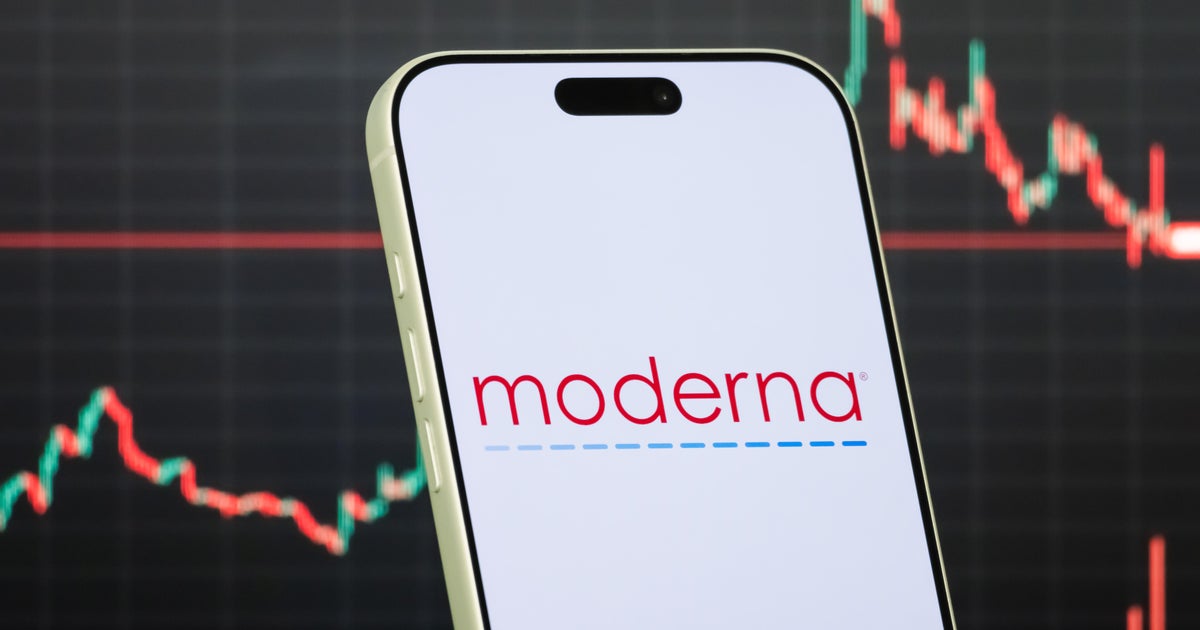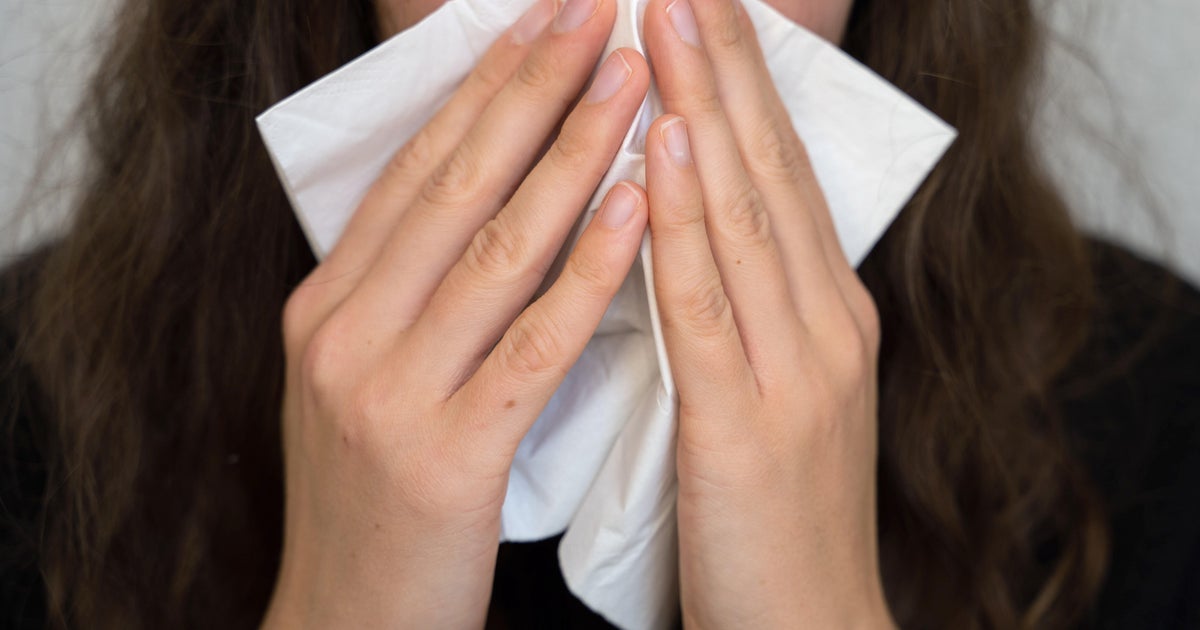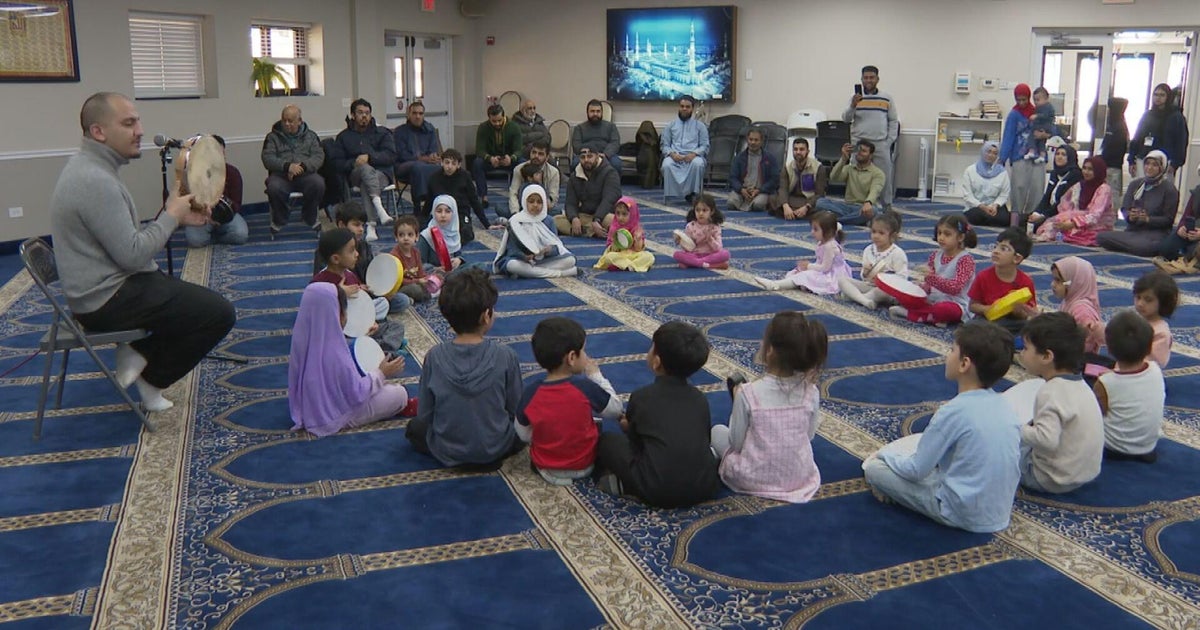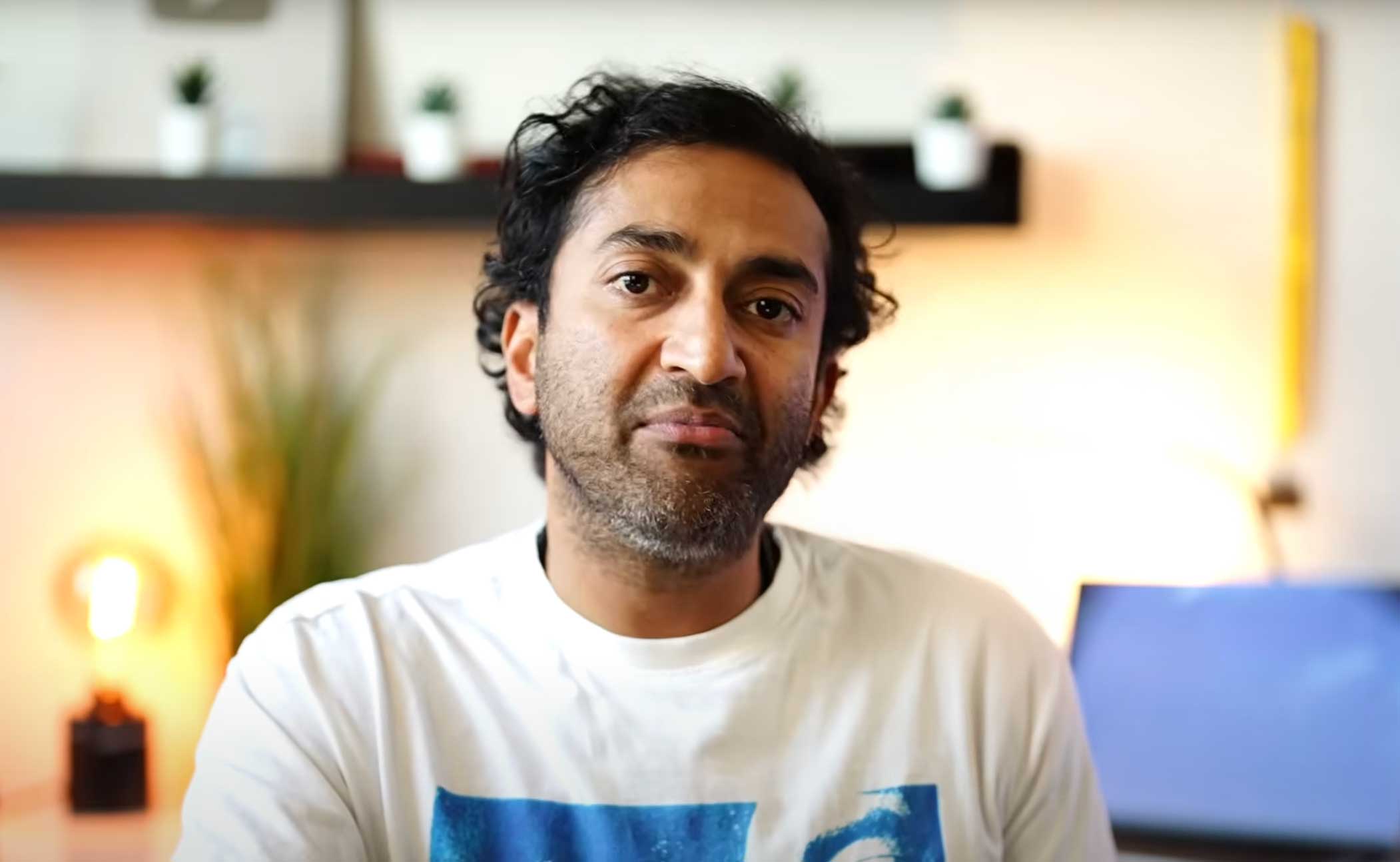Pfizer says its COVID-19 vaccine is safe and effective in kids ages 5 to 11
Pfizer said Monday its COVID-19 vaccine works for children ages 5 to 11 and that it will seek U.S. authorization for this age group soon — a key step toward beginning vaccinations for youngsters.
The vaccine made by Pfizer and its German partner BioNTech already is available for anyone 12 and older. But with kids now back in school and the extra-contagious Delta variant causing a huge jump in pediatric infections, many parents are anxiously awaiting vaccinations for their younger children.
For elementary school-aged kids, Pfizer tested a much lower dose — a third of the amount that's in each shot given now. Yet after their second dose, children ages 5 to 11 developed coronavirus-fighting antibody levels just as strong as teenagers and young adults, Dr. Bill Gruber, a Pfizer senior vice president, told The Associated Press.
The kid dosage also proved safe, with similar or fewer temporary side effects — such as sore arms, fever or achiness — that teens experience, he said.
"I think we really hit the sweet spot," said Gruber, who's also a pediatrician.
Gruber said the companies aim to apply to the Food and Drug Administration by the end of the month for emergency use in this age group, followed shortly afterward with applications to European and British regulators.
Former FDA Commissioner Dr. Scott Gottlieb — who's now a Pfizer board member — said on "CBS Mornings" Monday that if all goes well, the government's green light could come "as early as around Halloween — maybe a little bit later."
Earlier this month, top FDA vaccine official Dr. Peter Marks told the AP that once Pfizer turns over its study results, his agency would evaluate the data "hopefully in a matter of weeks" to decide if the shots are safe and effective enough for younger kids.
"CBS Mornings" spoke to an 8-year-old boy who participated in the trial. "I think that everybody should get vaccinated so that things can return back to normal," Joshua Chung said.
His older brother, Caleb, had participated in a vaccine trial for children 12 and up.
"I wanted to participate in the trial in order to help motivate other kids to get the vaccine once it became available," Caleb said.
While kids are at lower risk of severe illness or death than older people, more than 5 million children in the U.S. have tested positive for COVID-19 since the pandemic began and at least 460 have died, according to the American Academy of Pediatrics. Cases in children have risen dramatically as the Delta variant swept through the country.
"I feel a great sense of urgency" in making the vaccine available to children under 12, Gruber said. "There's pent-up demand for parents to be able to have their children returned to a normal life."
Joshua and Caleb's dad, Dr. Richard Chung, who is an adolescent medicine specialist at Duke Health in Durham, North Carolina, said he was proud of his sons for participating in the trials.
"Seeing them kind of courageously take this step and to do so really enthusiastically has just been a remarkable experience, not just as a pediatrician, but certainly as a dad," he said.
Pfizer said it studied the lower dose in 2,268 kindergartners and elementary school-aged kids. The FDA required what is called an immune "bridging" study: evidence that the younger children developed antibody levels already proven to be protective in teens and adults. That's what Pfizer reported Monday in a press release, not a scientific publication. The study still is ongoing, and there haven't yet been enough COVID-19 cases to compare rates between the vaccinated and those given a placebo - something that might offer additional evidence.
The study isn't large enough to detect any extremely rare side effects, such as the heart inflammation that sometimes occurs after the second dose, mostly in young men. The FDA's Marks said the pediatric studies should be large enough to rule out any higher risk to young children. Pfizer's Gruber said once the vaccine is authorized for younger children, they'll be carefully monitored for rare risks just like everyone else.
A second U.S. vaccine maker, Moderna, also is studying its shots in elementary school-aged children. Pfizer and Moderna are studying even younger tots as well, down to 6-month-olds. Results are expected later in the year.



